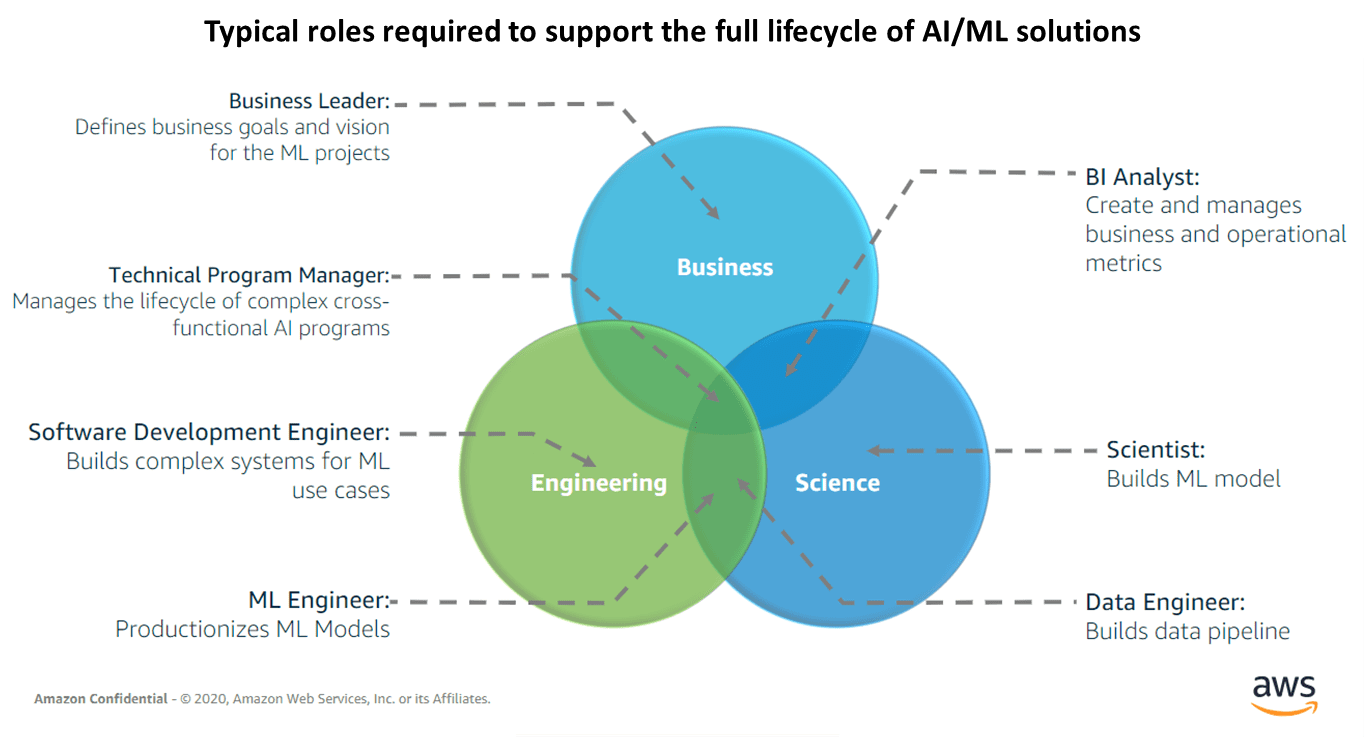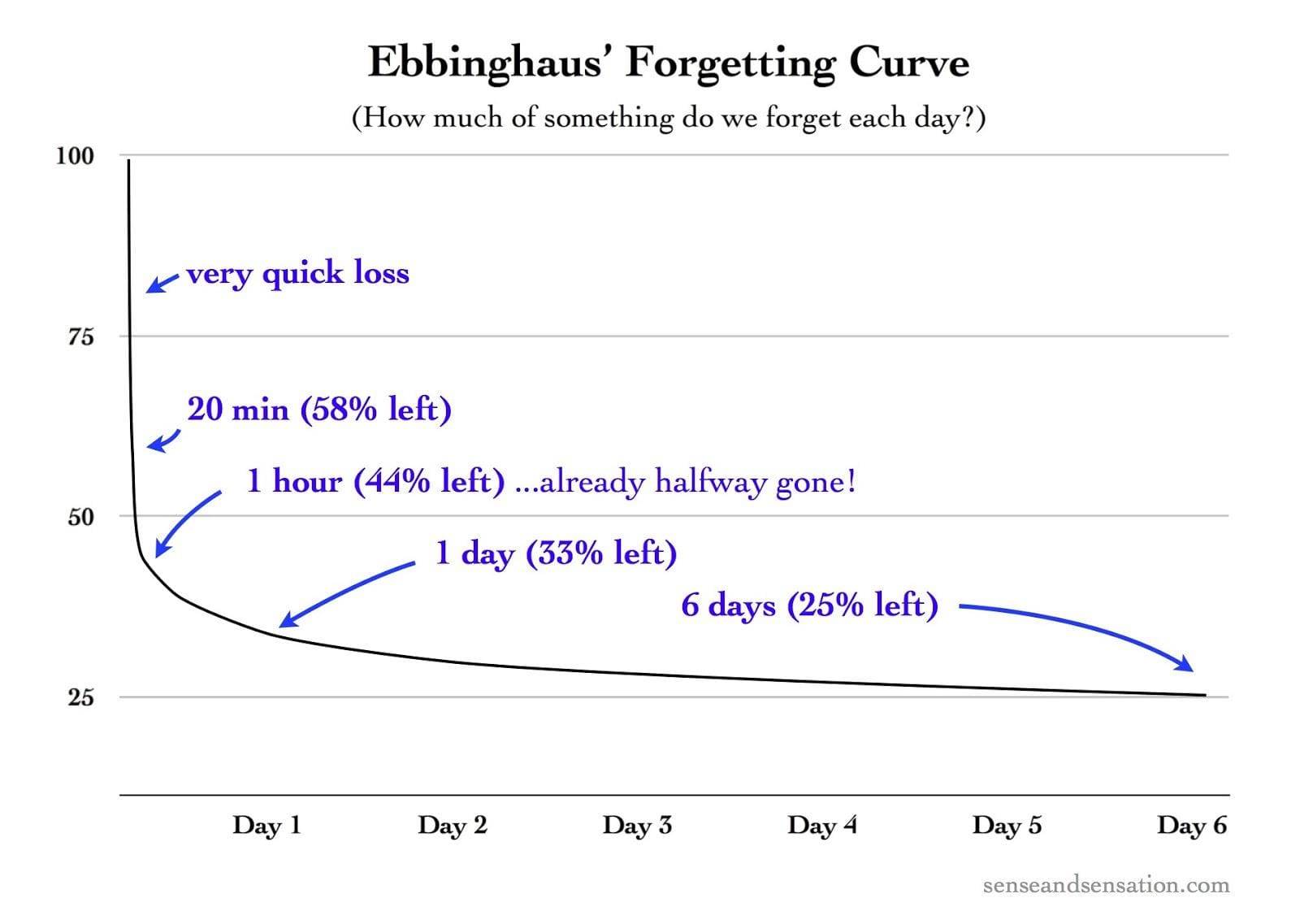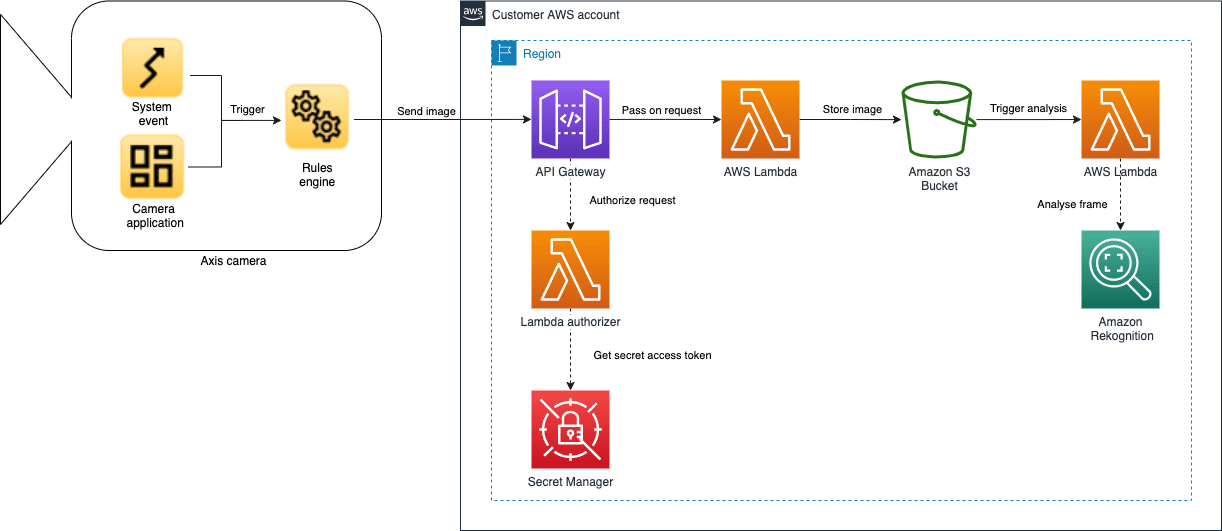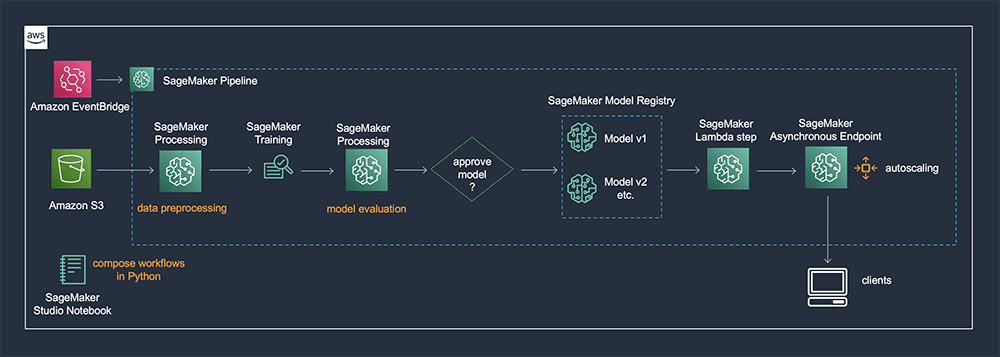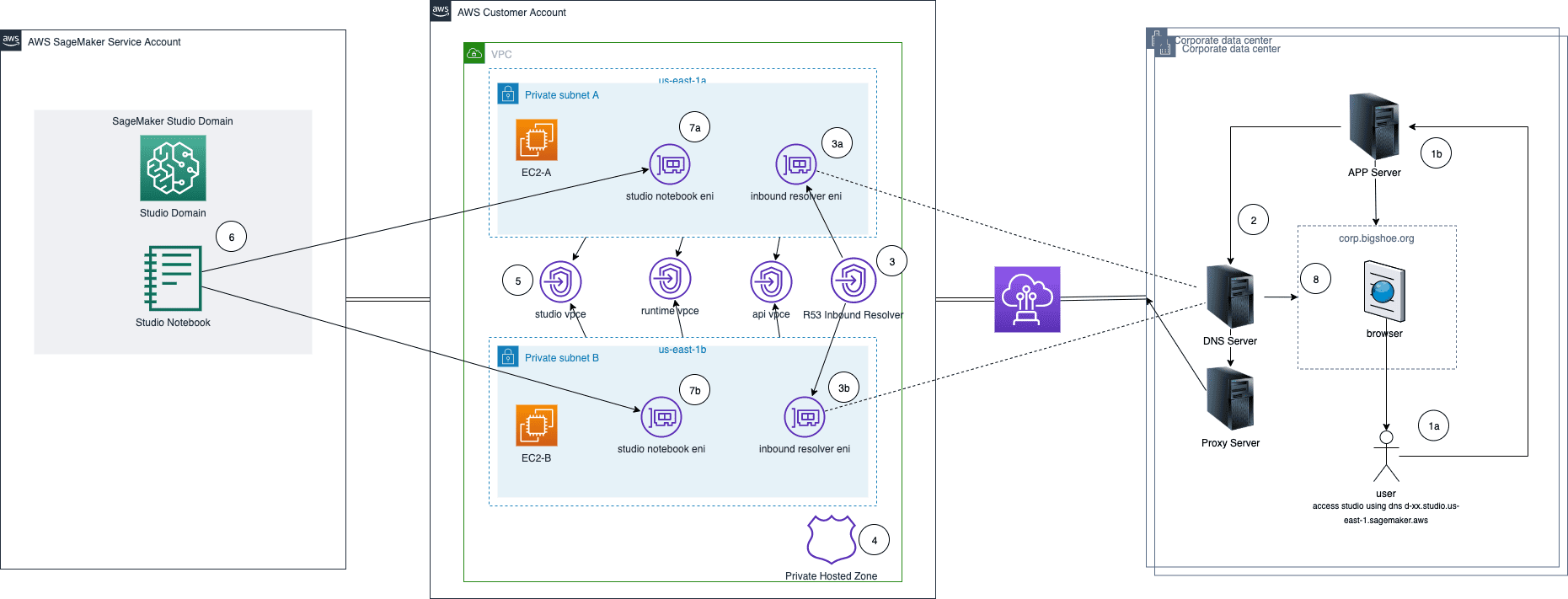Favorite Machine learning (ML) is highly iterative and complex in nature, and requires data scientists to explore multiple ways in which a business problem can be solved. Data scientists have to use tools that support interactive experimentation so you can run code, review its outputs, and annotate it, which makes
Read More
 Shared by AWS Machine Learning September 1, 2021
Shared by AWS Machine Learning September 1, 2021
Favorite The last few years have seen the rise of transformer deep learning architectures to build natural language processing (NLP) model families. The adaptations of the transformer architecture in models such as BERT, RoBERTa, T5, GPT-2, and DistilBERT outperform previous NLP models on a wide range of tasks, such as
Read More
 Shared by AWS Machine Learning September 1, 2021
Shared by AWS Machine Learning September 1, 2021
Favorite This is a guest post from Mikael Graindorge, Sales Operations Leader at Thermo Fisher Scientific. In the life sciences industry, data is growing in abundance and is getting increasingly complex, which makes it challenging to use traditional analytics methodologies. At Thermo Fisher Scientific, our mission is to make the
Read More
 Shared by AWS Machine Learning September 1, 2021
Shared by AWS Machine Learning September 1, 2021
Favorite I have long argued that the human brain is a poor long term store for Knowledge. Here are the three cases where it’s the best store there is. Ebbinghaus’ forgetting curve, from wikimedia commons The poor human brain gets a bit of a bad press at times. The cognitive
Read More
 Shared by Nick Milton September 1, 2021
Shared by Nick Milton September 1, 2021
Favorite With the number of cameras and sensors deployed growing exponentially, companies across industries are consuming more video than ever before. Additionally, advancements in analytics have expanded potential use cases, and these devices are now used to improve business operations and intelligence. In turn, the ability to effectively process video
Read More
 Shared by AWS Machine Learning August 28, 2021
Shared by AWS Machine Learning August 28, 2021
Favorite We are excited to announce Aria, Amazon Polly’s first New Zealand English Neural text-to-speech (NTTS) voice. Similar to other Amazon Polly voices, Aria is developed as a voice that sounds bright, natural, and upbeat. This new voice for Aotearoa (New Zealand in Māori) is uniquely Kiwi. It includes a
Read More
 Shared by AWS Machine Learning August 28, 2021
Shared by AWS Machine Learning August 28, 2021
Favorite The celebrity recognition feature in Amazon Rekognition automatically recognizes tens of thousands of well-known personalities in images and videos using machine learning (ML). Celebrity recognition significantly reduces the repetitive manual effort required to tag produced media content and make it readily searchable. Starting today, we’re updating our models to
Read More
 Shared by AWS Machine Learning August 27, 2021
Shared by AWS Machine Learning August 27, 2021
Favorite With Amazon SageMaker Pipelines, you can create, automate, and manage end-to-end machine learning (ML) workflows at scale. SageMaker Projects build on SageMaker Pipelines by providing several MLOps templates that automate model building and deployment pipelines using continuous integration and continuous delivery (CI/CD). To help you get started, SageMaker Pipelines
Read More
 Shared by AWS Machine Learning August 26, 2021
Shared by AWS Machine Learning August 26, 2021
Favorite Multiple pieces of information are often required to complete a task or to process a query. For example, when talking to an insurance agent, a caller might ask, “Can you provide me quotes for home, auto, and boat?” The agent recognizes this as a list of policy types before
Read More
 Shared by AWS Machine Learning August 25, 2021
Shared by AWS Machine Learning August 25, 2021
Favorite Amazon SageMaker Studio is the first fully integrated development environment (IDE) for machine learning. It provides a single, web-based visual interface where you can perform all ML development steps required to build, train, and deploy models. You can quickly upload data, create new notebooks, train and tune models, move
Read More
 Shared by AWS Machine Learning August 25, 2021
Shared by AWS Machine Learning August 25, 2021

![]() Shared by AWS Machine Learning September 1, 2021
Shared by AWS Machine Learning September 1, 2021

